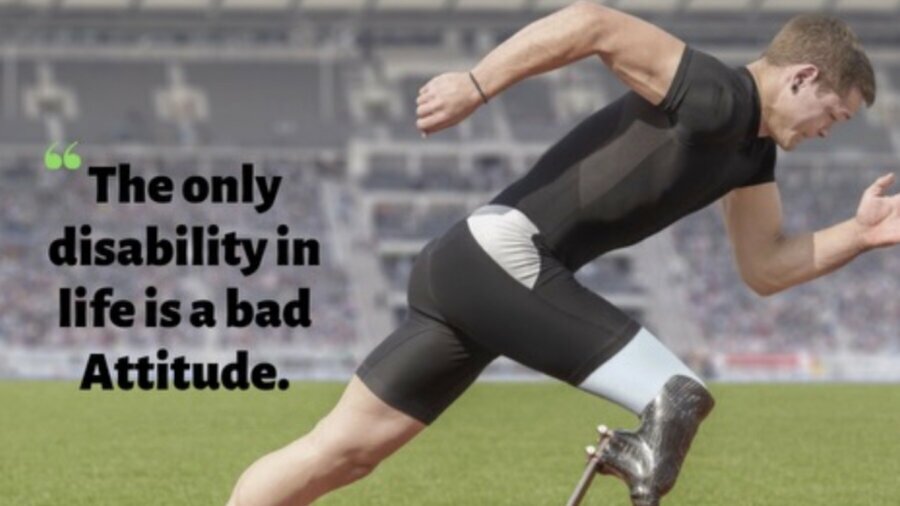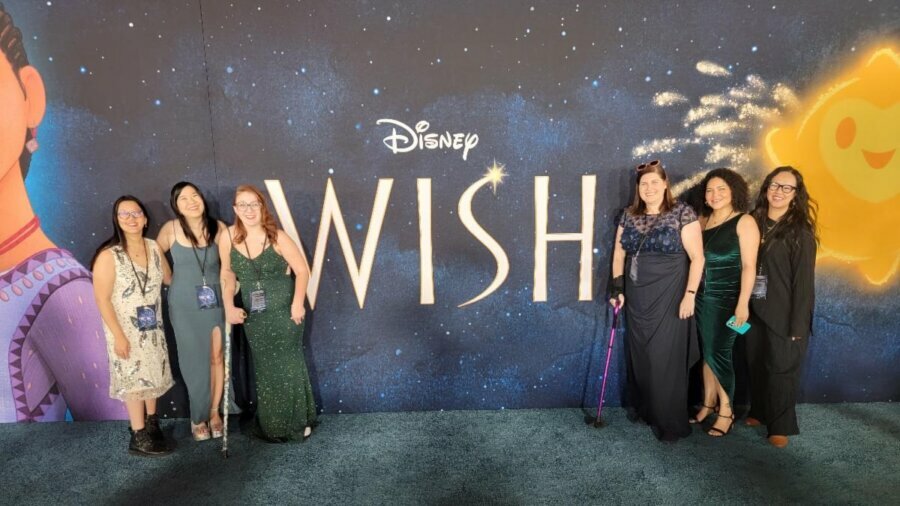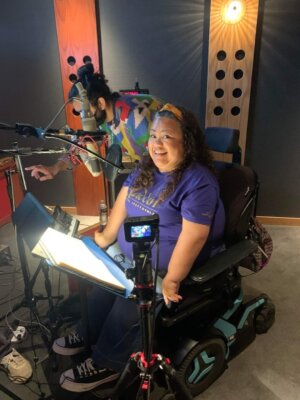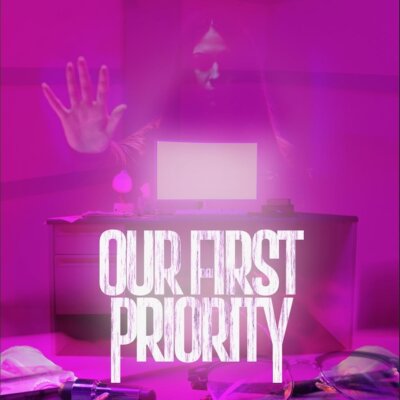 The short horror film Our First Priority tackles the important concept of medical gaslighting, which is not talked about as often as it should. Writer/Director Ariel Baska utilizes music, light, and color to give the topic the horror treatment.
The short horror film Our First Priority tackles the important concept of medical gaslighting, which is not talked about as often as it should. Writer/Director Ariel Baska utilizes music, light, and color to give the topic the horror treatment.
Opening with music evoking a horror film, the tone quickly shifts to viewers seeing a young girl named Hannah in the hospital for a checkup. The sudden lack of background music is jarring, highlighting the importance of the interaction. The nurse makes it clear that Hannah is there by herself, but the viewer sees an older version of Hannah lurking, watching the entire interaction, inserting her thoughts.
Our First Priority takes viewers into Hannah’s mind – showing how the fluorescent lights distort her vision and hearing, all the while hearing older Hannah saying she should be worried. When Hannah reads her long list of symptoms – that are recurring – the doctor ignores her, instead playing with a flashlight. The flashing of the light underscores the doctor choosing to ignore the patient. [continue reading…]
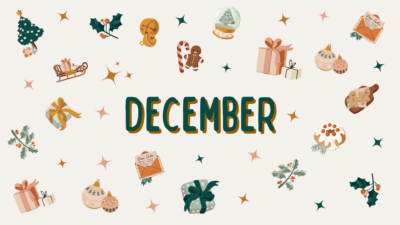 December religious holidays and celebrations are natural opportunities for houses of worship to embrace practices that welcome and support people with disabilities in all aspects of the community. One of the most common questions we get is, “Our congregation wants to include disabled people, but where do we begin?”
December religious holidays and celebrations are natural opportunities for houses of worship to embrace practices that welcome and support people with disabilities in all aspects of the community. One of the most common questions we get is, “Our congregation wants to include disabled people, but where do we begin?”

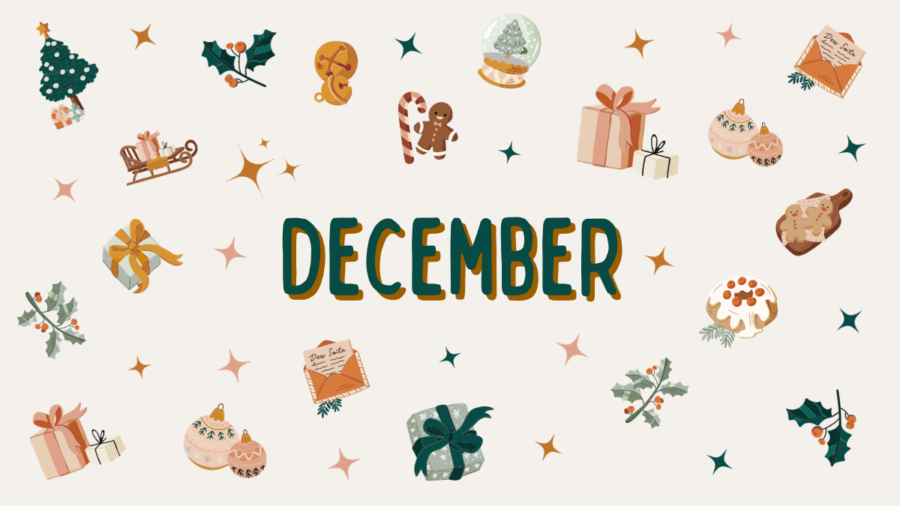
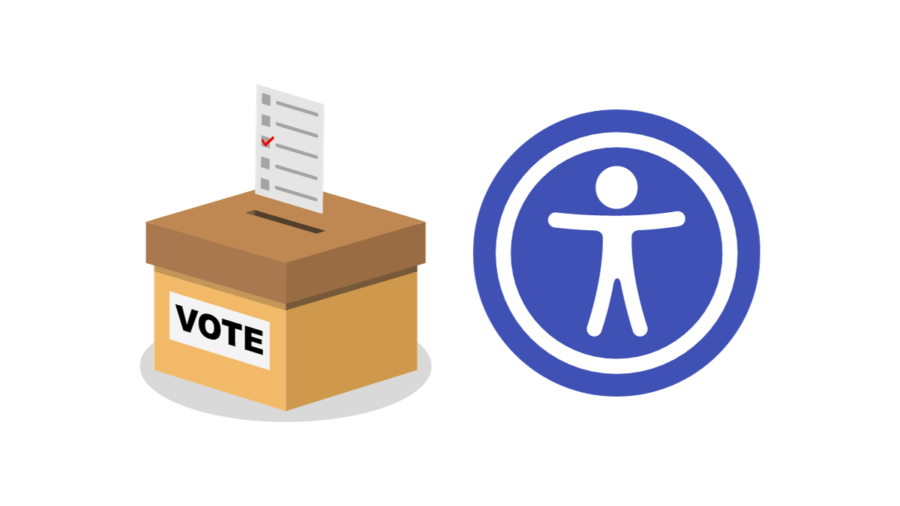
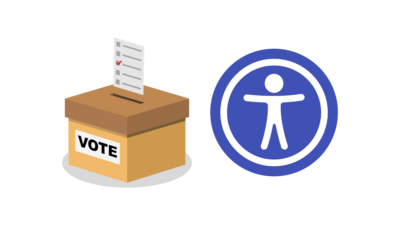 In the Presidential election of 2020,
In the Presidential election of 2020, 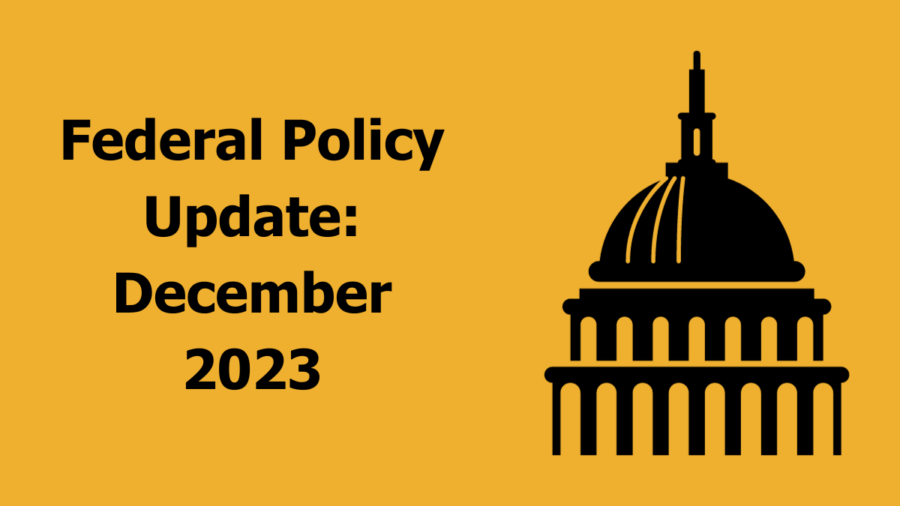
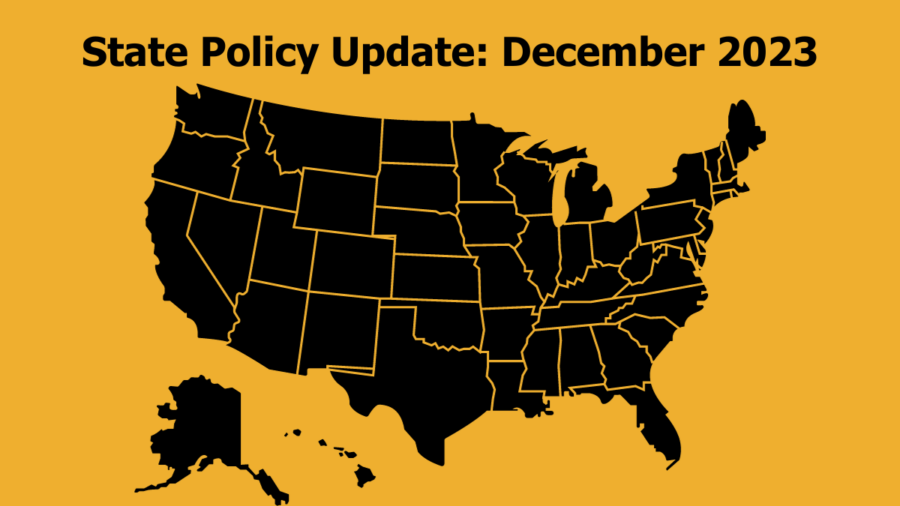
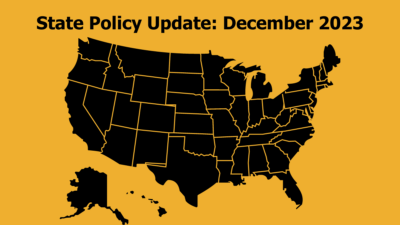 RespectAbility is gearing up for a critical year in state legislative policy. With several key states carrying stalled bills over from 2023 into 2024, the first few months will bring significant opportunities for individuals with disabilities.
RespectAbility is gearing up for a critical year in state legislative policy. With several key states carrying stalled bills over from 2023 into 2024, the first few months will bring significant opportunities for individuals with disabilities.
 The U.S. Department of Health and Human Services released its
The U.S. Department of Health and Human Services released its 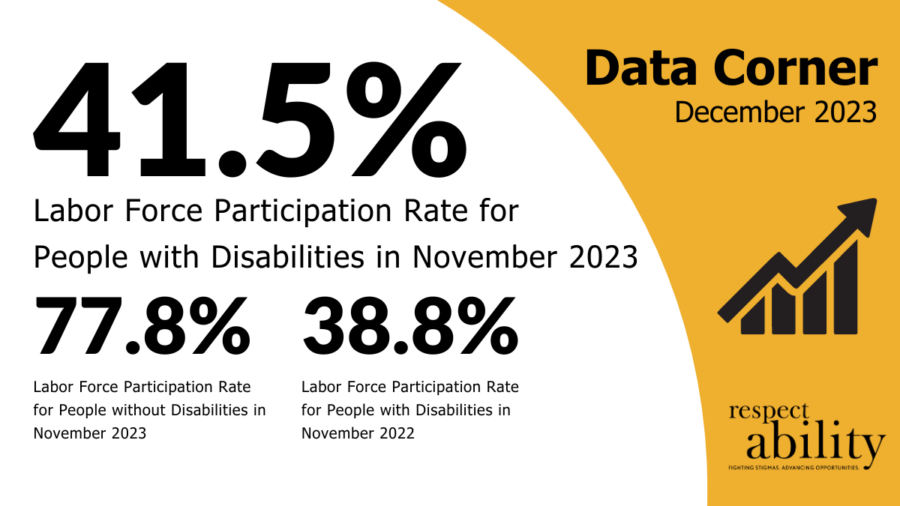
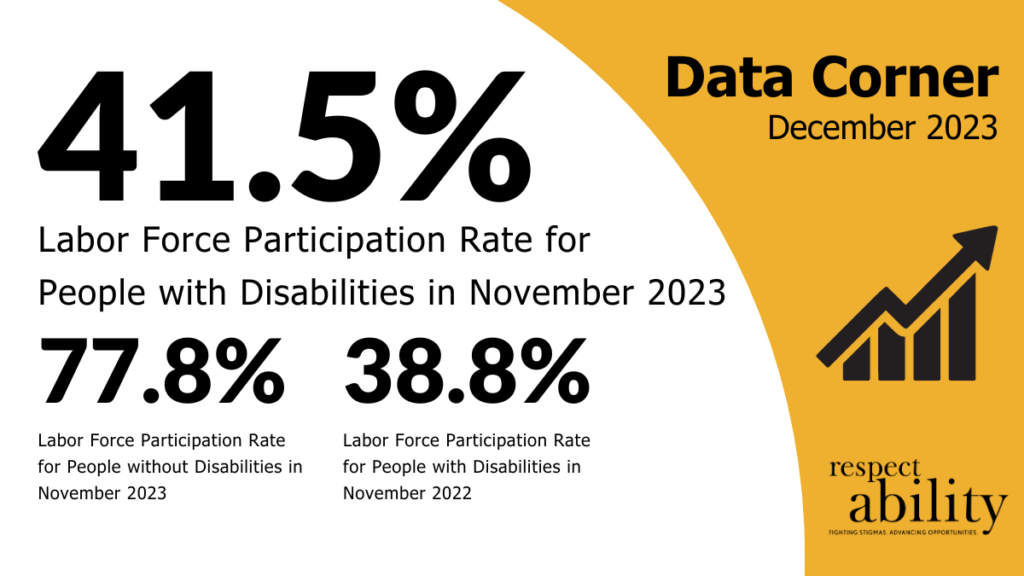 Monthly Employment Update for People with Disabilities
Monthly Employment Update for People with Disabilities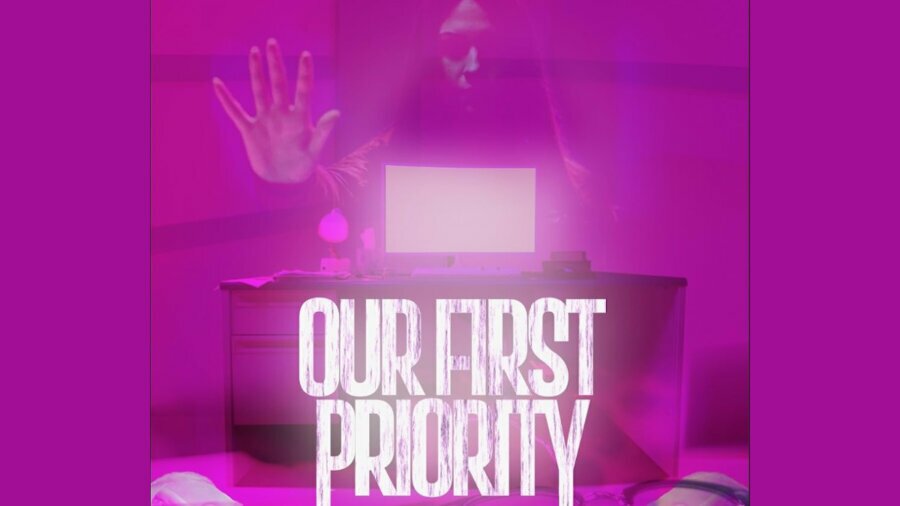
 The short horror film Our First Priority tackles the important concept of medical gaslighting, which is not talked about as often as it should. Writer/Director Ariel Baska utilizes music, light, and color to give the topic the horror treatment.
The short horror film Our First Priority tackles the important concept of medical gaslighting, which is not talked about as often as it should. Writer/Director Ariel Baska utilizes music, light, and color to give the topic the horror treatment.